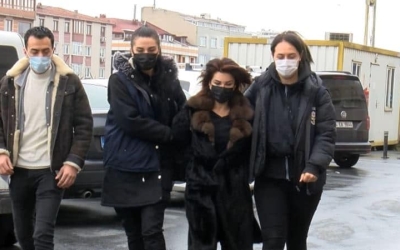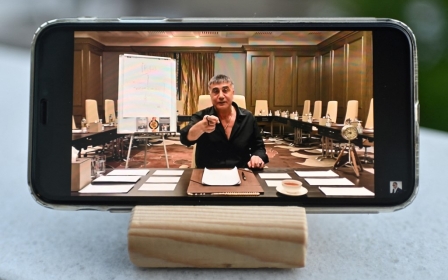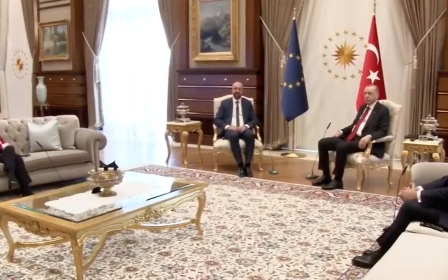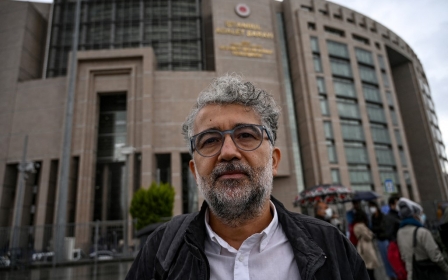Voice of America and Deutsche Welle say they won’t apply for Turkish licence
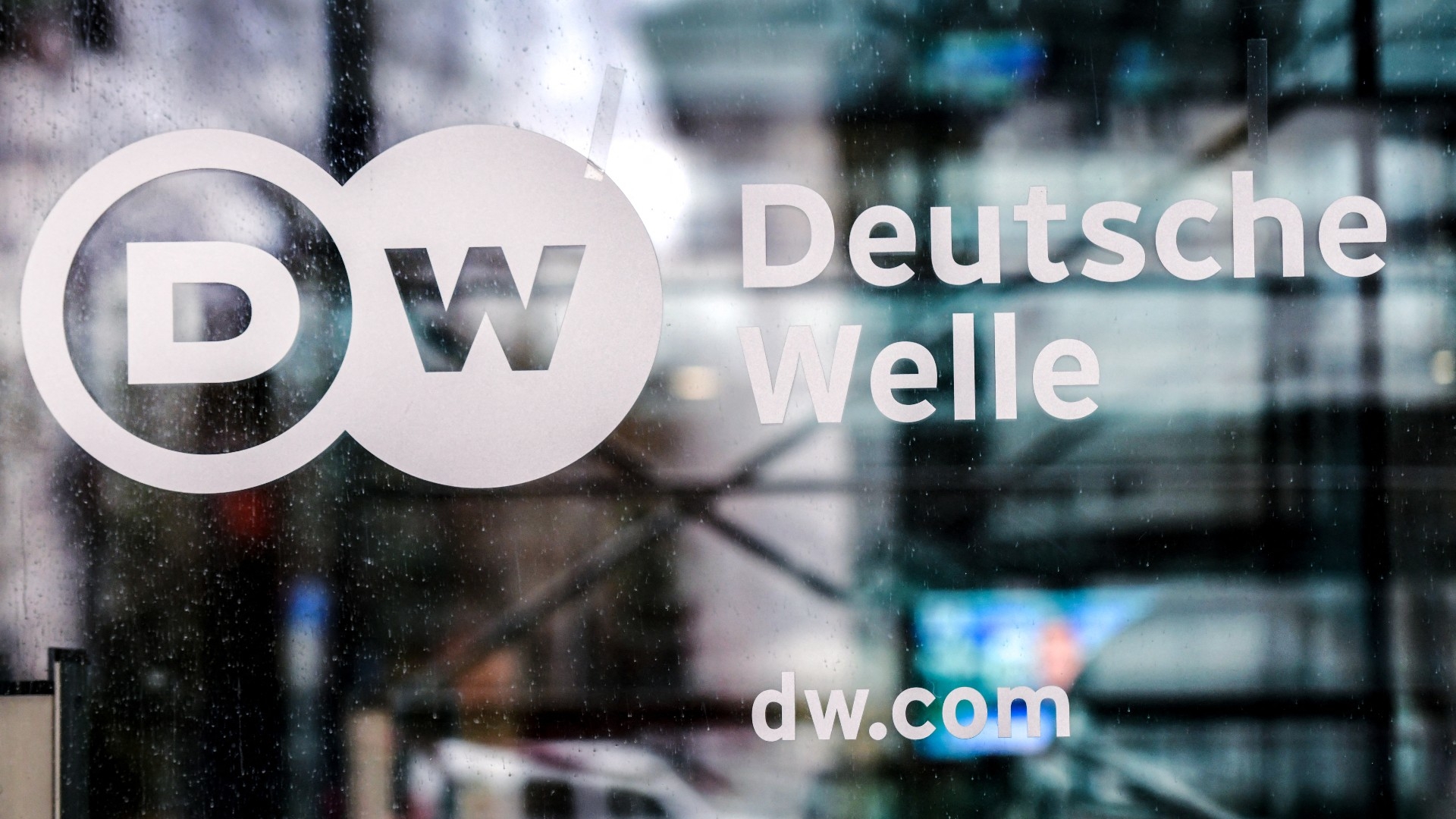
Two international public broadcasters have said they will not apply for online licences in Turkey, a decision that could lead to their websites being blocked.
Voice of America (VOA) and Germany's Deutsche Welle said on Wednesday that they would refuse to comply with a request by Turkey's media watchdog RTUK to apply for a broadcast licence within 72 hours - claiming it was designed to enable censorship of unfavourable press coverage.
"The threat to block the websites of the Voice of America, Deutsche Welle, or any other independent, public service, professional news service in Turkey is worrisome," said VOA's acting director Yolanda Lopez.
"Voice of America's independent journalism cannot be subject to this or any government's control, which results either in censorship or even the perception of it."
Deutsche Welle director general Peter Limbourg also slammed what he called an attempt "to restrict the reporting of international media services", adding that the company will appeal to Turkish courts regarding the decision.
New MEE newsletter: Jerusalem Dispatch
Sign up to get the latest insights and analysis on Israel-Palestine, alongside Turkey Unpacked and other MEE newsletters
He said such licencing "gives the Turkish authorities the option to block the entire service based on individual, critical reports unless these reports are deleted. This would open up the possibility of censorship. We will appeal against this decision and take legal action in the Turkish courts."
VOA later shared articles on Twitter regarding ways to view its website if access is blocked.
Since a failed coup attempt in July 2016, at least 180 media outlets have been shut down in Turkey and scores of journalists have been jailed on "terrorism offences".
According to Freedom House, a US-based non-governmental organisation focusing on democracy and human rights, Turkey is ranked lower than Mali and Algeria in relation to internet freedom.
The Turkish government says detained journalists are being held for promoting terrorism or engaging in anti-state activities rather than for their journalistic work.
Insulting public officials is a crime in Turkey, and cartoonists, teenagers and a former Miss Turkey have faced charges over alleged affronts against President Recep Tayyip Erdogan.
A Turkish prosecutor's office is currently demanding 11 years in jail for prominent journalist Sedef Kabas, over charges of insulting Erdogan.
The alleged insult was in the form of a proverb that Kabas expressed both on an opposition television channel and on her Twitter account, drawing condemnation from government officials.
Turkey is currently dealing with a spiralling economic crisis at home that has seen it attempt to mend fences with western powers and regional foes like the UAE, Israel and Saudi Arabia.
Washington and its partners are also seeking to present a united front against Russia over the crisis in Ukraine.
Nato-member Turkey has tried to strike a balance between its support for Kyiv and its relationship with Moscow, which is a major trade partner and competing power in other global hotspots.
Middle East Eye delivers independent and unrivalled coverage and analysis of the Middle East, North Africa and beyond. To learn more about republishing this content and the associated fees, please fill out this form. More about MEE can be found here.


